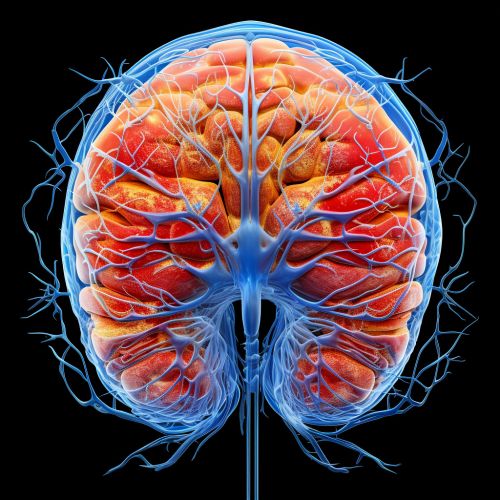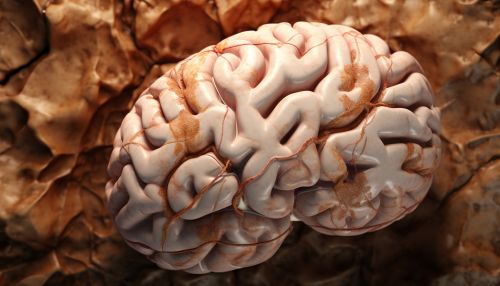Cognitive Neuroscience of Empathy in Social Contexts
Introduction
Cognitive neuroscience is a branch of neuroscience that explores the biological processes that help us to understand mental processes and how those processes affect the way we perceive social interactions, specifically empathy. This field combines the principles of psychology and neuroscience to provide a more comprehensive understanding of how the brain functions in social contexts.
Empathy in Cognitive Neuroscience
Empathy, in the context of cognitive neuroscience, refers to the ability to understand and share the feelings of others. It is a complex construct that involves both cognitive and emotional components. Cognitive empathy, also known as 'perspective-taking', involves the ability to comprehend another's perspective or mental state. Emotional empathy, on the other hand, involves sharing the emotional experiences of others.
Neural Mechanisms of Empathy
Research in cognitive neuroscience has identified several brain regions that are involved in the empathetic response. These include the anterior cingulate cortex (ACC), the anterior insula (AI), and regions of the prefrontal cortex (PFC). The ACC and AI are believed to be involved in the emotional aspect of empathy, while the PFC is thought to play a role in the cognitive aspect of empathy.
Empathy in Social Contexts
Empathy plays a crucial role in social interactions. It allows us to understand and respond appropriately to the emotions of others, which is essential for effective communication and relationship-building. In social contexts, empathy can influence a range of behaviors, from cooperation and helping behavior to aggression and competition.
Factors Influencing Empathy
Various factors can influence our capacity for empathy. These include individual differences, such as personality traits and cognitive abilities, as well as situational factors, such as the nature of the relationship between the empathizer and the target of empathy.
Empathy and Social Neuroscience
Social neuroscience is a subfield of cognitive neuroscience that specifically focuses on how the brain processes social information. Research in this area has provided valuable insights into the neural mechanisms underlying empathy and how these mechanisms are influenced by social contexts.
Empathy and Mental Health
There is growing evidence to suggest that impairments in empathy are associated with a range of mental health conditions, including autism spectrum disorder, schizophrenia, and personality disorders. Understanding the neural mechanisms of empathy could therefore have important implications for the diagnosis and treatment of these conditions.
Future Directions
Future research in this area is likely to focus on further elucidating the neural mechanisms of empathy and how these mechanisms are influenced by social, cognitive, and emotional factors. This could lead to the development of more effective interventions for enhancing empathy in individuals with empathy deficits.
See Also
Social Neuroscience Anterior Cingulate Cortex Prefrontal Cortex


